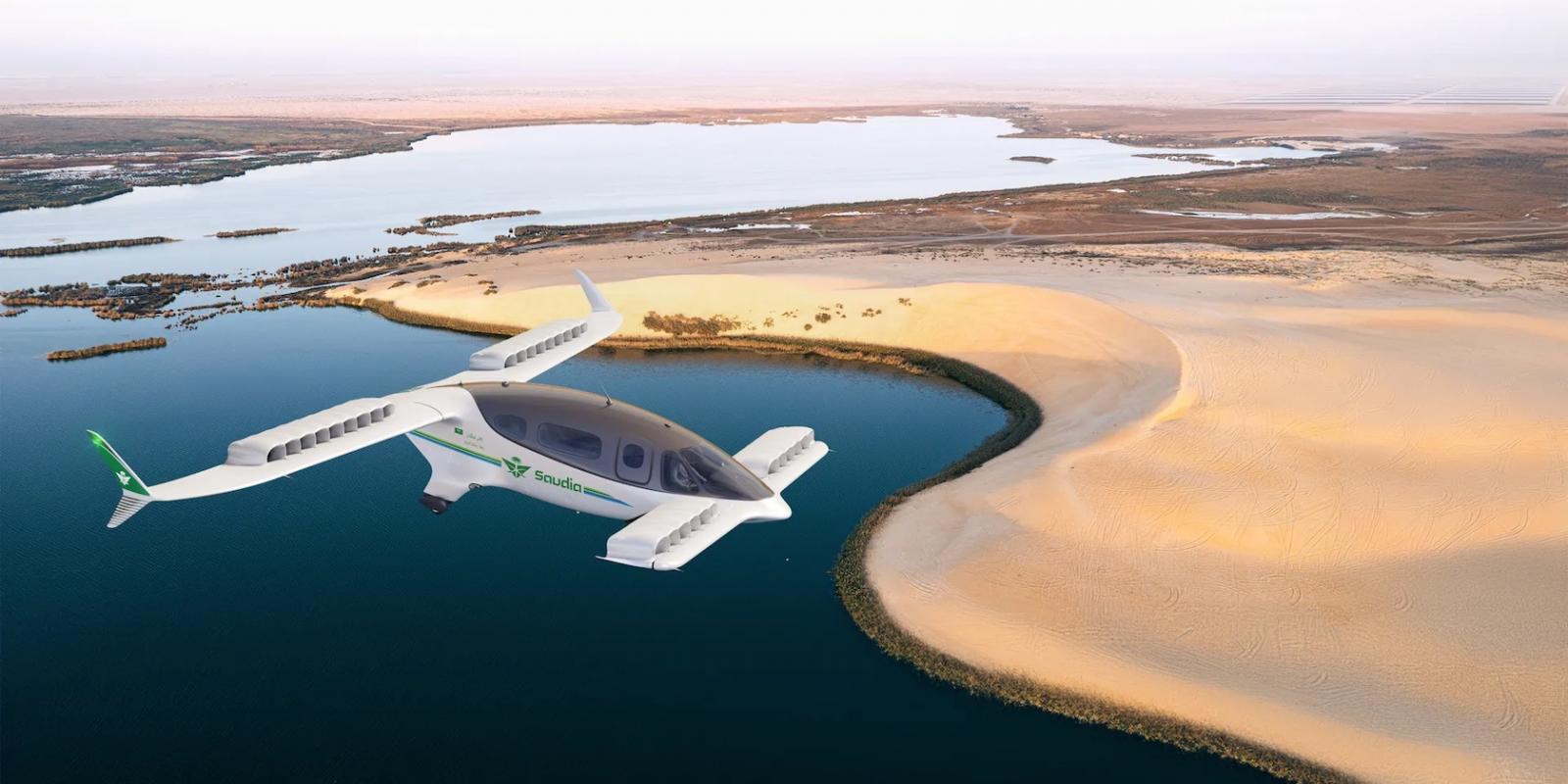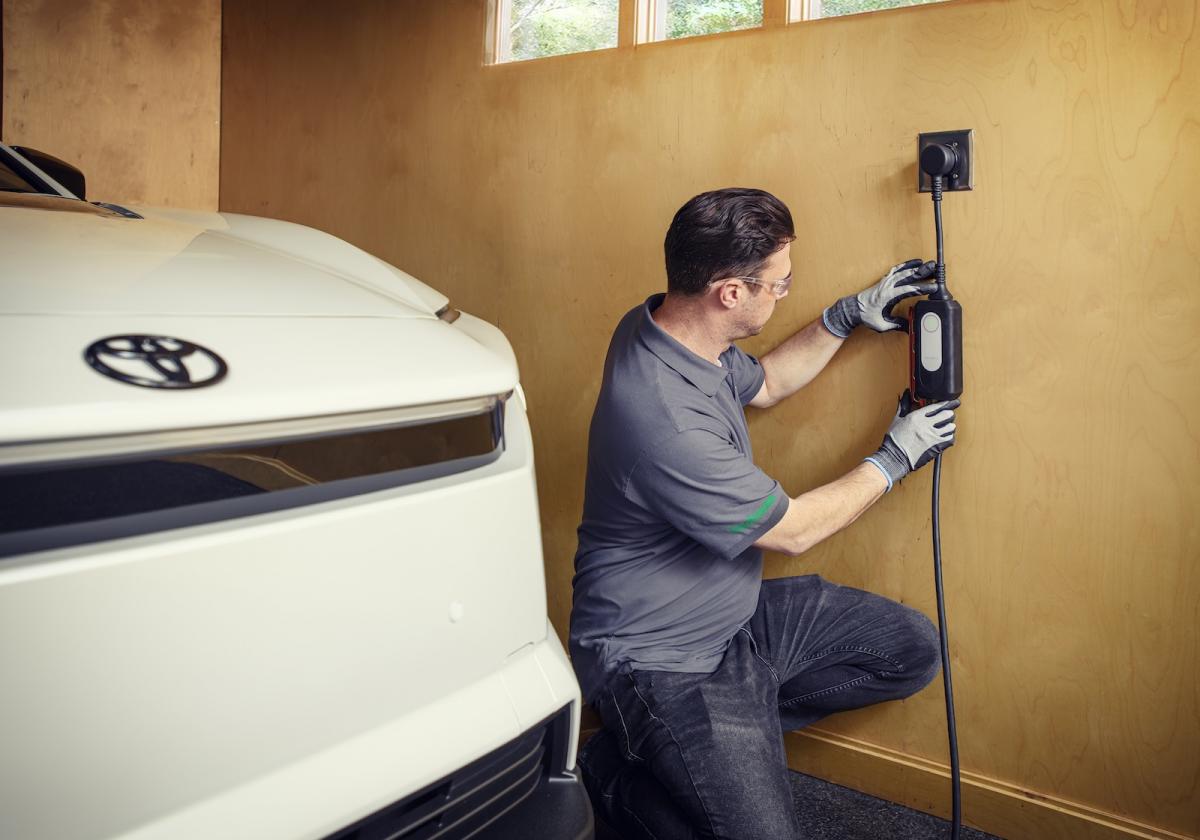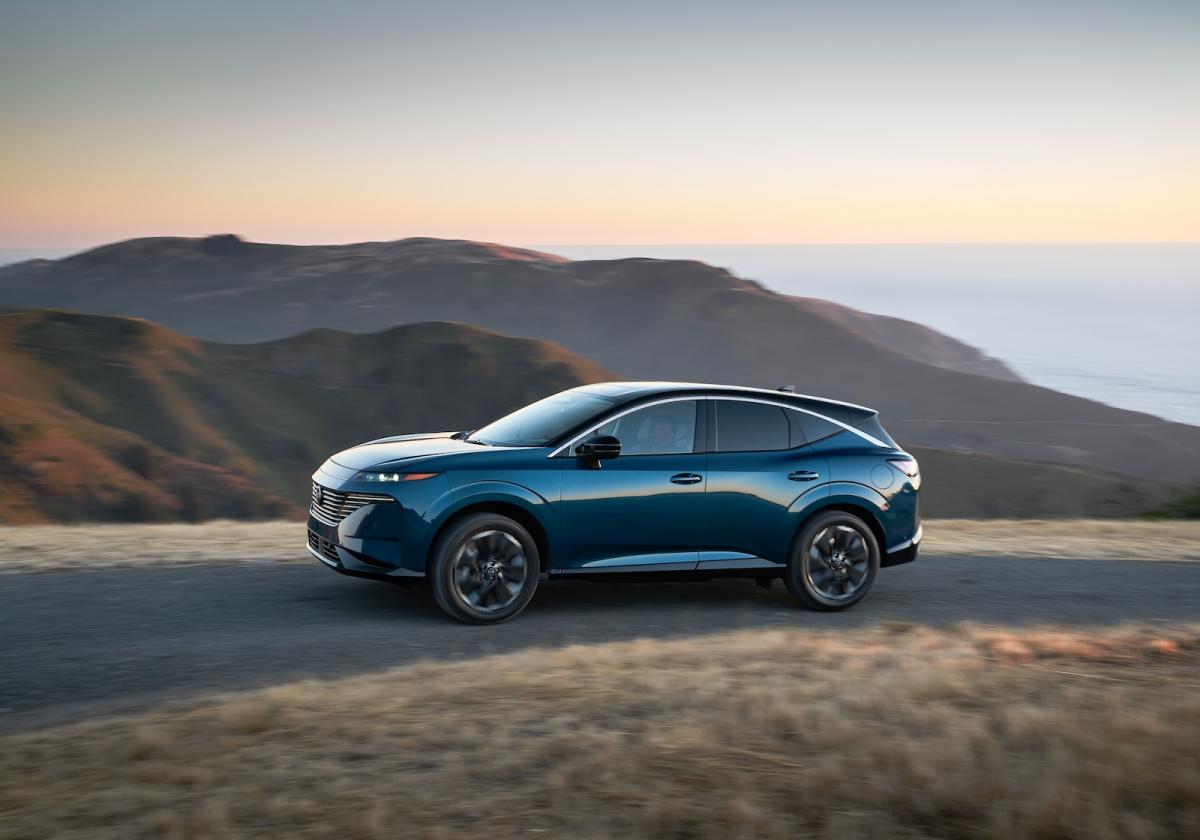The Saudia Group has just placed the largest order ever for flying taxis. Germany-based air taxi developer startup Lilium has a “strong” order from Saudi Arabian airline Saudia Group for 50 of its electric flying taxis or jets, with an option for 50 more.
The order, worth an estimated $450 million, is the largest commitment yet by an airline in the electric vertical takeoff and landing (eVTOL) sector, the companies said.
Given its topography, climate and strong financial standing, the Middle East is likely to be one of the first markets to deploy electric air taxis.
The purchase deal was signed at a ceremony today in Munich, about 18 months after the companies’ initial agreement to collaborate on electric flight in Saudi Arabia.
Saudia agreed to make pre-payments on the $9 million planes according to certain aircraft delivery and performance milestones.
Lilium will also provide aircraft fleet maintenance and support services — including annual replacement of the planes’ batteries, which represents a key source of recurring revenue, said Lilium co-founder Daniel Wiegand.
The first aircraft is expected to be delivered in 2026. Like other electric air taxi manufacturers, including Joby, Archer and Beta, Lilium’s aircraft takes off and lands vertically.
But instead of electric propellers, like several other flying car rivals, Lilum’s air taxi is propelled by an electric jet engine, which is more efficient in cruise mode.
This feature gives Lilium a huge advantage over rivals as it enables the firm to fly longer-distance regional flights of an hour or two between cities — which represent a bigger, more lucrative market than urban air taxis.
Saudia expects to use Lilium’s electric jets to support Hajj and Umrah pilgrimages, and to offer faster access to key sports and entertainment events in Riyadh, for example.
The Lilium Jet will feature a large, premium cabin with capacity for up to six passengers, plus luggage.
“The Middle East is a priority for Lilium, and Saudi Arabia will be a very large and exciting market for electric, high-speed regional air mobility,” Lilium CEO Klaus Roewe said in a statement.
Lilium says it’s in “advanced discussions” with Saudi Arabian regulators to certify its aircraft before commercialization can begin.
CARLIST THOUGHTS
This Lilium product looks like the best, most practical, most realistic version to land on the market so far, and could be in service within the next year. Starting the service in the Middle East seems like a wise move given the climate, topography and market conditions. The $9M price tag seems a little steep but it’s certain come down within the next few years.







